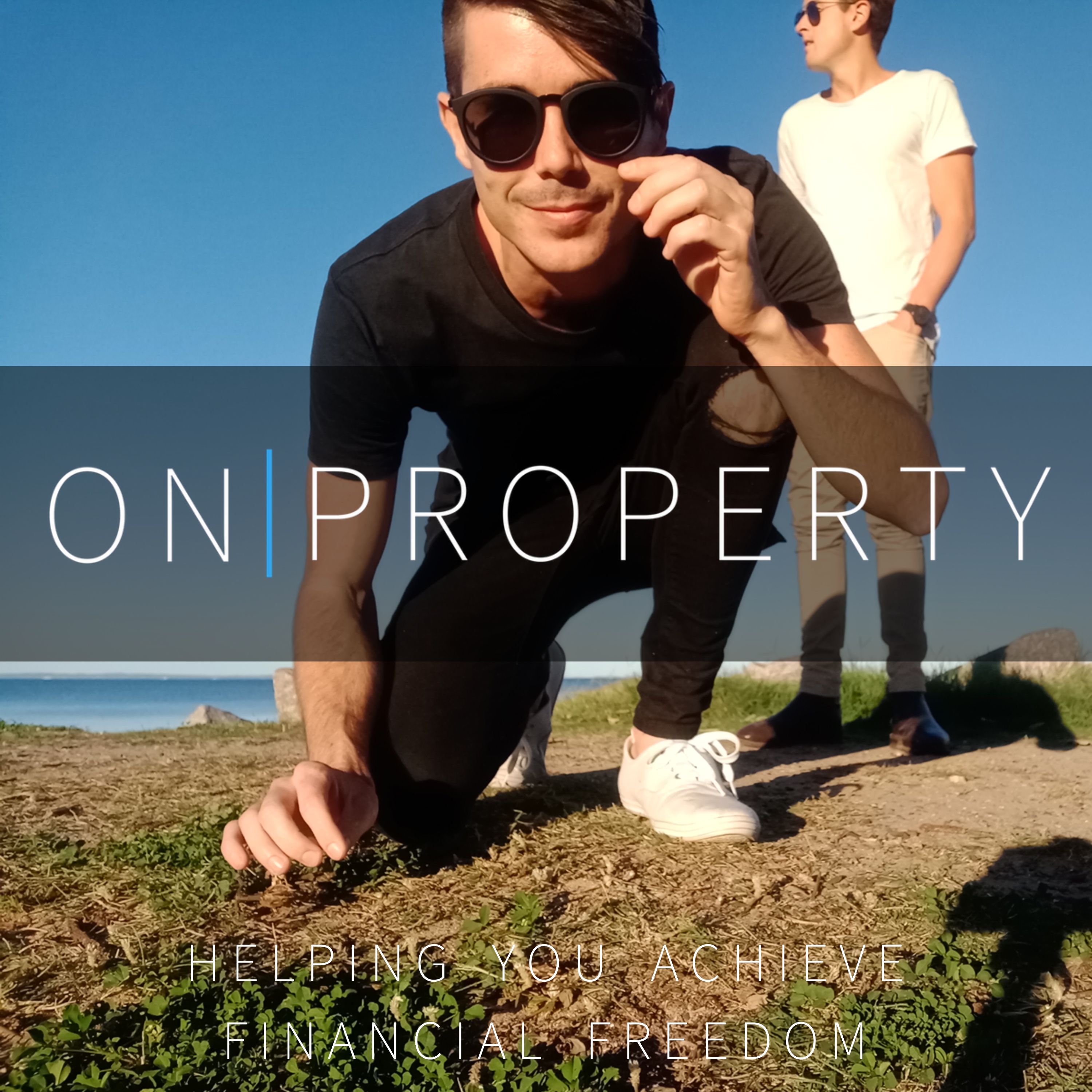Property That Pays For Itself EXPLAINED

b"https://www.youtube.com/watch?v=roWeaTM9S3g\\n\\n\\n\\n\\n\\n\\n\\n\\nHow can property pay for itself, pay itself off and then ultimately deliver you financial freedom?\\n\\n\\n\\nBook in a Free Property Strategy Session\\n\\n\\n\\nRecommended Videos:\\n\\n\\n\\nThe 2 Year Strategy\\n\\n\\n\\n2 Properties To Financial Freedom\\n\\n\\n\\nTranscription:\\n\\n\\n\\nRyan 0:00Hey, are you amazing investors out there? I recently had a really great question from someone on my YouTube channel, asking me a bit more about the two year strategy or the two properties to financial freedom strategy. And asking what is the difference between this and just buying property and being a slave to your job and having to pay it off over 25 years? How can property actually pay for itself? And how can property actually pay itself off. And this is a concept that I guess really clicked in my mind back when I was a teenager. And I could see the long term potential of property to deliver financial freedom and deliver the life that I want. I got really passionate about positive cash flow property. And I guess I haven't really stopped since. And reading Robert Kiyosaki his books like Rich Dad, Poor Dad, really ingrained this into me. But I understand that not everyone can see this, not everyone understands this. So I'm hopeful that in today's episode, I can click something in your brain, so that you can start to understand, I guess, the dynamics behind how property can pay for itself and generate positive cash flow, and how it can pay itself off. So the way most people invest in Australia is that they'll purchase a property, maybe a single income home, or maybe they'll purchase a unit or something like that. And they get some money coming in in terms of rental income. So let's just write rent here.\\n\\n\\n\\nSo they get some rental income coming in. But then they have money going out in terms of their expenses, we'll just write XP for expenses. And so expenses includes everything like your mortgage, your property management fees, any vacancies you have on the property, maintenance on the property council rates, water, insurances, there's so many things to think about. Now, the way most people invest, it's called negative gearing. And these expenses are much larger. And so we'll do a large circle, then the rent. And so what that means is that you use the rent to pay for some of the expenses. But then there's still a good chunk of the expenses left over. So let's pretend that this section here is the expenses left over. And now you still need to pay those expenses, that might be your mortgage, it might be some maintenance on the property. And in order to pay those expenses, you're going to have to have a job or an income source of your own, I just draw a tie there, you're going to have to have an income source of your own to pay those expenses. And to keep that property going. This continues until that property is paid off completely. In which case, once it's paid off completely, because you don't have a mortgage anymore, you've now got smaller expenses, and likely your rents going up over time as well. So your rent is now bigger than your expenses. And if we cut the rent in half, and let's say this bit is the bit left over, well, that actually go ahead and goes into your pocket. Okay? That is the worst I've ever drawn in my life, what's sort of like a happy happy face because you get some passive income coming in. So that's kind of the way most people do it negative gearing, but it takes a long time in order to get to this situation where your mortgage is paid off. And you can start living off the rental income minus the little expenses you have left. So let's actually put some numbers behind this and have a look at it. So I'm going to go over the property tools.com.au, which is a calculator that I created years ago. And you can get access to it too, if you want for a small monthly fee. So that's a property tools.com.au. And let's use an example here, let's say we purchase a property for let's call it $500,000, or a unit,"